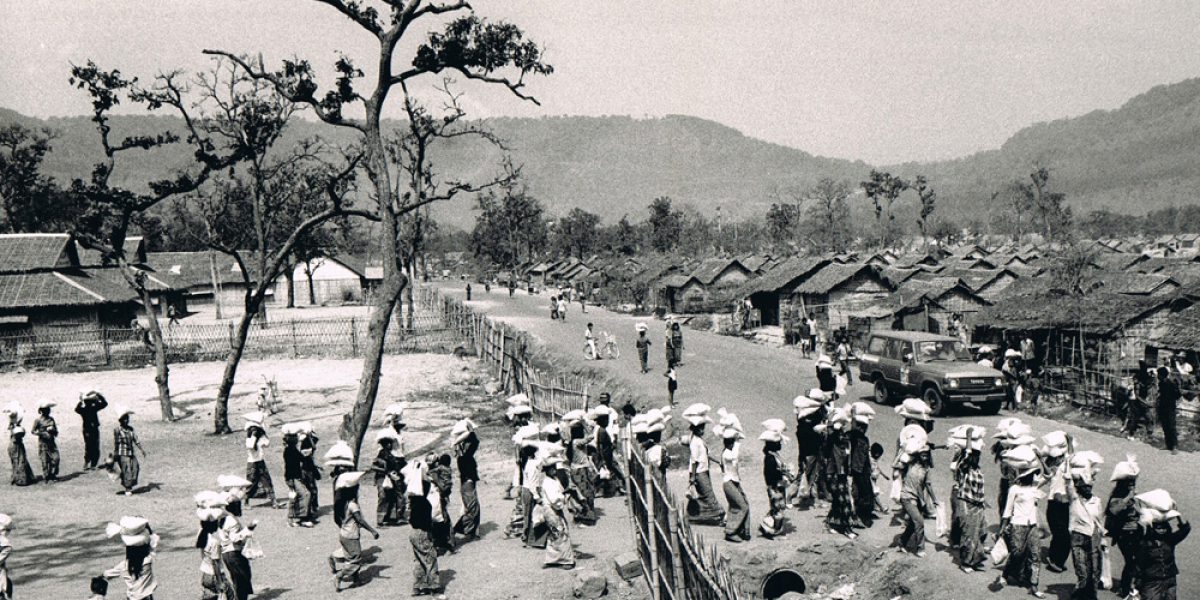Cambodia: crying in Cambodia
09 December 2011|Denise Coghlan, RSM

Siem Reap, 9 December 2011 – The letters, words and photos of people who were there when JRS first started working in Cambodia prior to the peace accords in 1991 and some of what they have done since.
Twenty years ago, October 23 1991, was the day of the Paris Peace Accords. Civil conflict had broken out in 1979 between four Cambodian factions after the war in Vietnam ended and the Khmer Rouge were driven from power.
Cambodia had already suffered from four years of a genocidal regime (1975-1979) and an embargo by the West. I saw firsthand how this embargo punished the poor inside Cambodia rather than the regime. So 1991 was a moment of hope.
Refugees and displaced people started to return. Elections were planned. The clearing of landmines commenced. Development aid began to flow. The re-integration of soldiers from four different armies was on the agenda. For a year it looked as if peace had arrived but then cracks appeared and the Khmer Rouge opted out of the peace plan. Until Christmas day 1998, there was fighting and displacement occurred in different parts of the country. I came to realise that reconciliation is a long, slow process.
In 2011 Cambodia is different. We live in a country free from war and most people are less poor than they were in 1991. However the gap between the rich and the poor is more pronounced. Cambodians are speaking out for justice and human rights both at home and abroad. Migrant workers still suffer.
Dams on the Mekong, the pollution of the Tonle Sap, illegal logging and ensuring the survival of Cambodia’s animals are an environmental concern as Cambodia seeks to respond to climate change. JRS in its Metta Karuna reflection centre has highlighted this through art work by two Siem Reap artists.
From 28 November until 2 December this year, Cambodia will act as the world leader in the Mine Ban movement as it hosts the 11th Meeting of States Parties to the Ottawa Treaty against landmines. Government officials, survivors and campaigners will come from all over the world to push for progress on mine clearance, support for those injured and the destruction of stockpiles.
Our goal, as Song Kosal says remains the same, “No mines made, no mines laid, no mines used ever again!” This means that the world community has embraced the norm of a ban on landmines.
Christmas comes with the message to disarm our hearts, to find the presence of God in the small on this week, to rejoice as we share the treasures of our hearts and live in love of one another.
Denise Coghlan, RSM, JRS Cambodia country director

